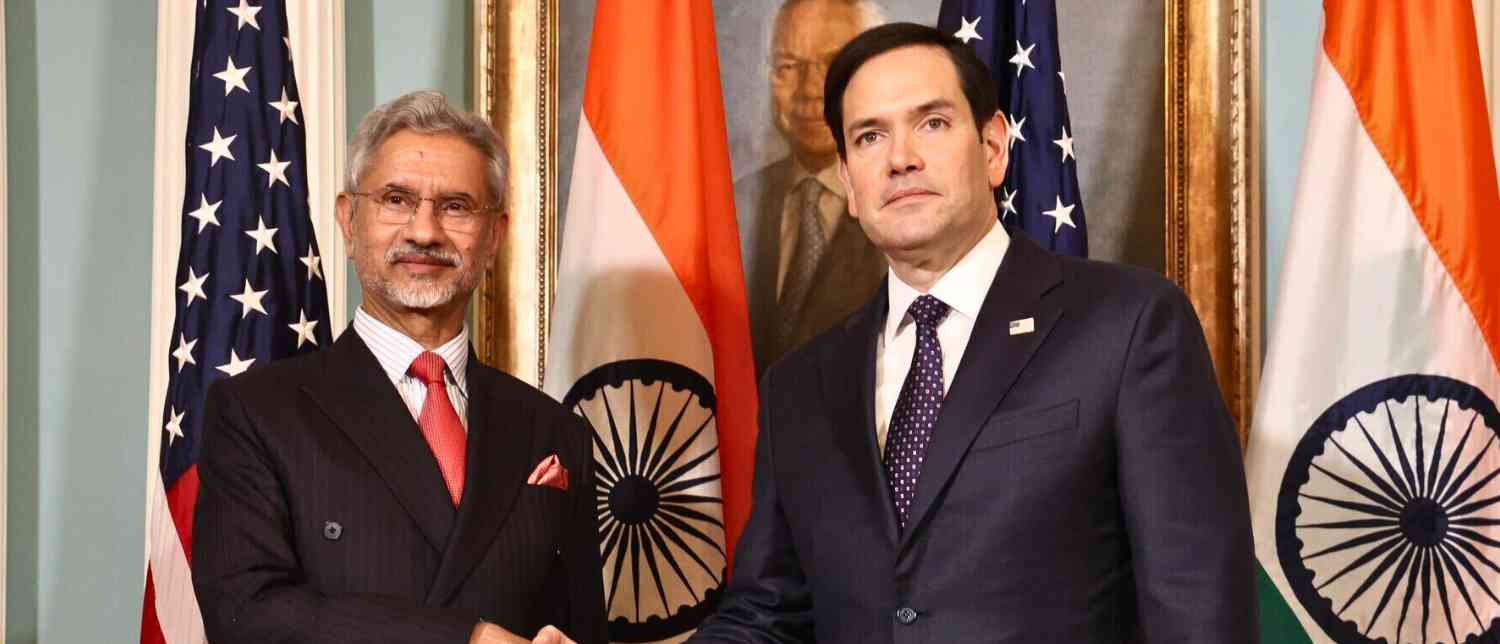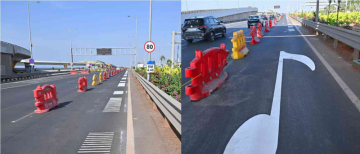External Affairs Minister S Jaishankar and United States Secretary of State Marco Rubio are slated to hold key talks on Monday, September 22, 2025, amid rising tensions involving trade tariffs and visa fee hikes that have strained India-US relations this year. The meeting, planned on the sidelines of the United Nations General Assembly session in New York, comes at a critical juncture as both sides navigate complex economic and diplomatic issues that affect millions of people and businesses in their countries.
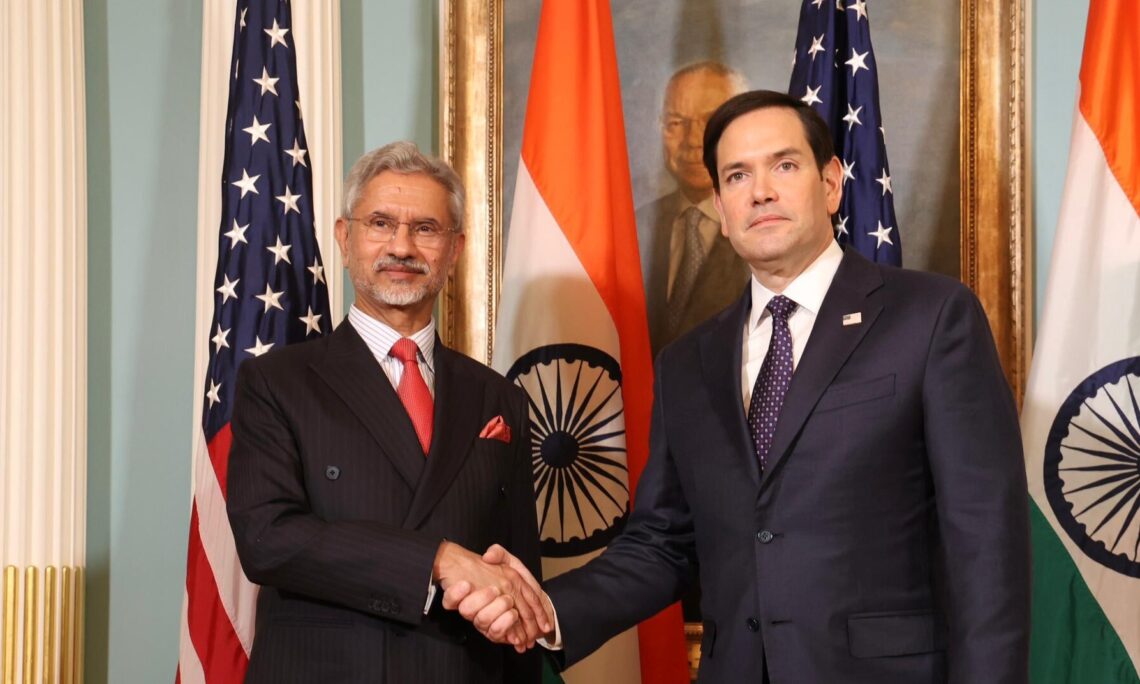
This meeting marks the third face-to-face encounter between Jaishankar and Rubio in 2025, following prior meetings in January and July during Quad meetings in Washington. However, it is their first in-person interaction since the United States imposed steep tariff measures on Indian goods — most notably a combined 50% tariff that includes a 25% additional penalty linked to India’s import of Russian oil. These tariffs hit close to $48 billion of India's exports to the US, sparking concerns within India over the impact on farmers, entrepreneurs, and exporters, as well as the broader India-US trading partnership.
Alongside these trade challenges, a recent US government decision to sharply increase H-1B visa application fees has added to concerns. The new $100,000 one-time fee on new H-1B visa petitions, which predominantly affect Indian technology professionals seeking to work in America, has led to uncertainty and anxiety among workers and employers alike. Experts suggest that while this move was intended to protect American jobs, it may have unintended consequences that hurt US companies more than Indian firms by incentivizing offshoring of jobs back to India, thereby reducing the number of H-1B petitions filed and potentially slowing innovation.
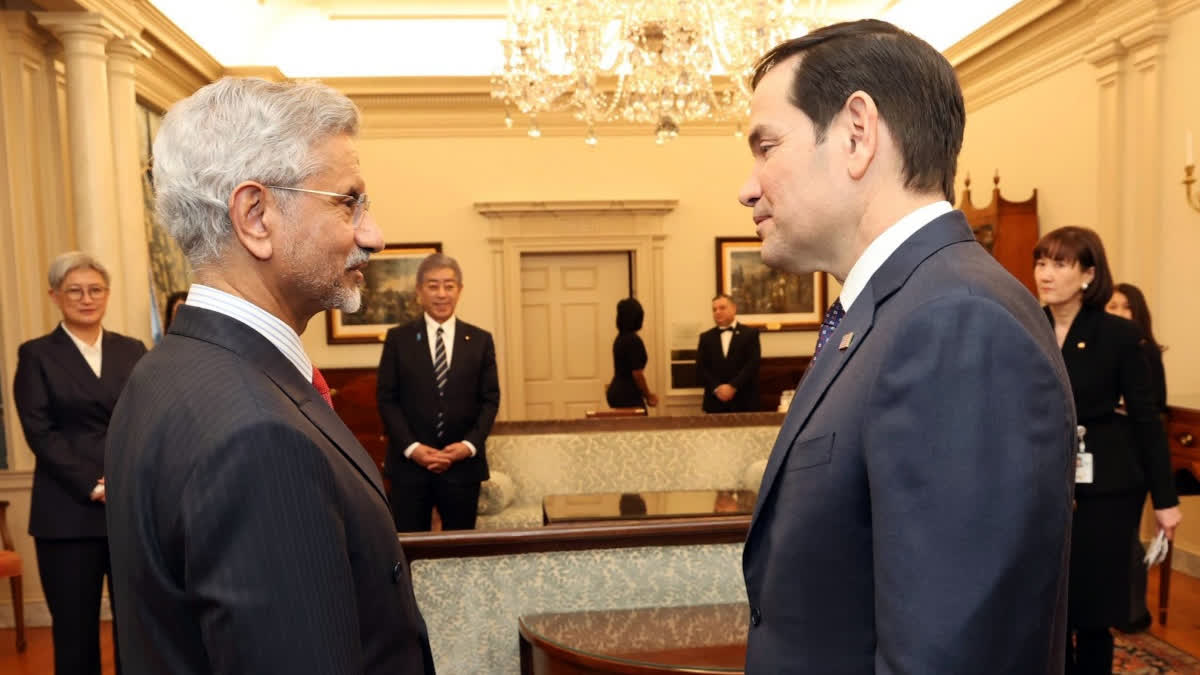
The talks between Jaishankar and Rubio also coincide with ongoing trade negotiations led by Indian Commerce Minister Piyush Goyal in Washington, aiming to resolve these economic frictions and agree on a mutually beneficial trade deal. While tensions have escalated in recent months, diplomatic efforts indicate a willingness on both sides to engage constructively and find pathways to greater collaboration. The US administration has expressed confidence that reaching a trade agreement should not be difficult, signaling hope for a positive outcome.
The 2025 diplomatic and trade crisis between the United States and India began to escalate sharply in August when the Trump administration imposed a 25% "reciprocal" tariff on select Indian exports. This was followed by an additional 25% penalty targeting India’s continued purchases of Russian oil, resulting in a combined tariff rate of 50% — among the highest levied by the US on its trading partners. India protested that these tariffs were unfair and undermined its strategic autonomy, emphasizing its sovereign right to diversify energy sources amid geopolitical shifts. The tariffs threaten significant export sectors, including textiles, jewelry, and pharmaceuticals, raising concerns about job losses and economic slowdown in export-dependent regions.
India’s government responded with measures such as reducing GST on hundreds of goods to stimulate domestic consumption, alongside efforts to diversify trade partnerships and encourage export promotion to mitigate the tariffs’ impact. Despite these tensions, India has also been working to maintain strategic ties with the US, including cooperation in the Quad that addresses regional security, especially concerning China’s influence in the Indo-Pacific.
The H-1B Visa Fee Hike Issue
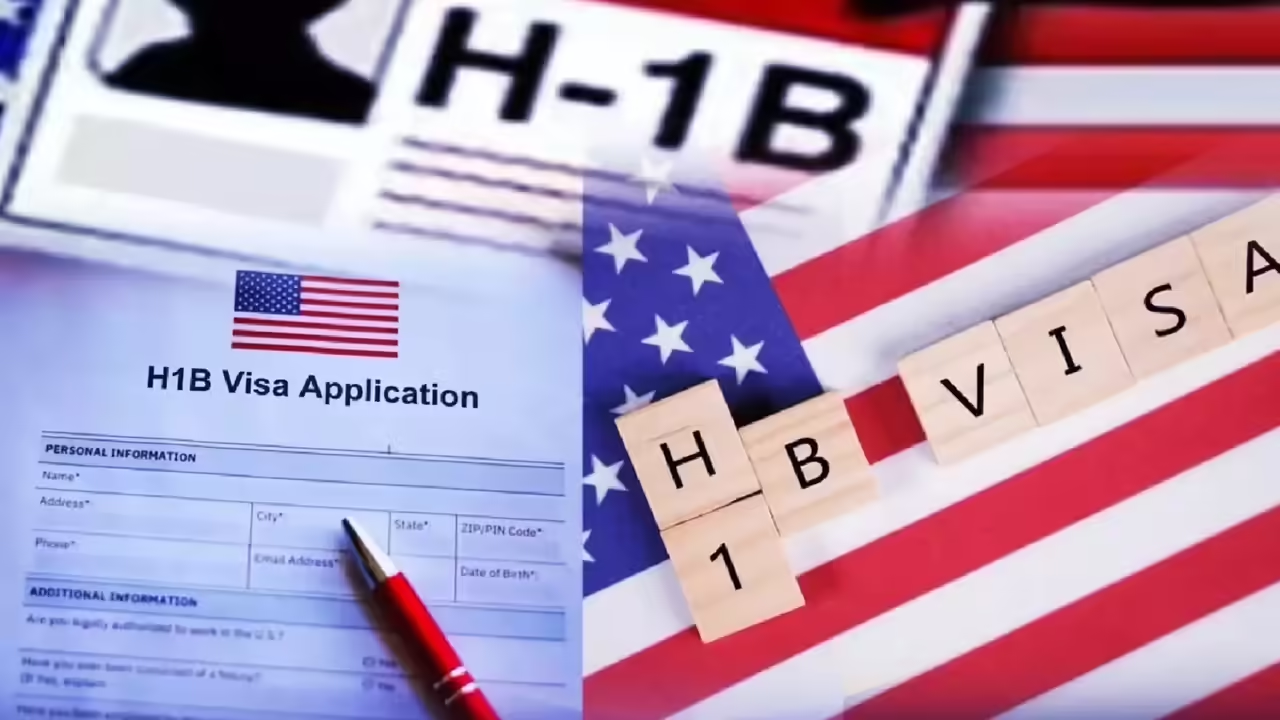
The Trump administration’s hike in H-1B visa fees has added another layer to the complex relations. The program, which is heavily utilized by Indian IT professionals, acts as a vital bridge for talent exchange and business between the two nations. The new $100,000 fee on new visa applications generated considerable distress, with many Indian visa holders and their employers concerned about legal, financial, and family disruptions. However, the White House later clarified that this fee is a one-time levy applied only to new petitions, and current visa holders are exempted.
An influential think tank, the Global Trade Research Initiative (GTRI), estimated that the fee increase might actually harm the US economy by encouraging companies to offshore more work remotely to India. This could lead to fewer H-1B filings and slower innovation in the US tech sector, as firms could find on-site employment more costly than remote projects. Indian experts suggest the fee hike might also accelerate talent returning to India, providing an opportunity to boost India’s digital infrastructure and software sectors.
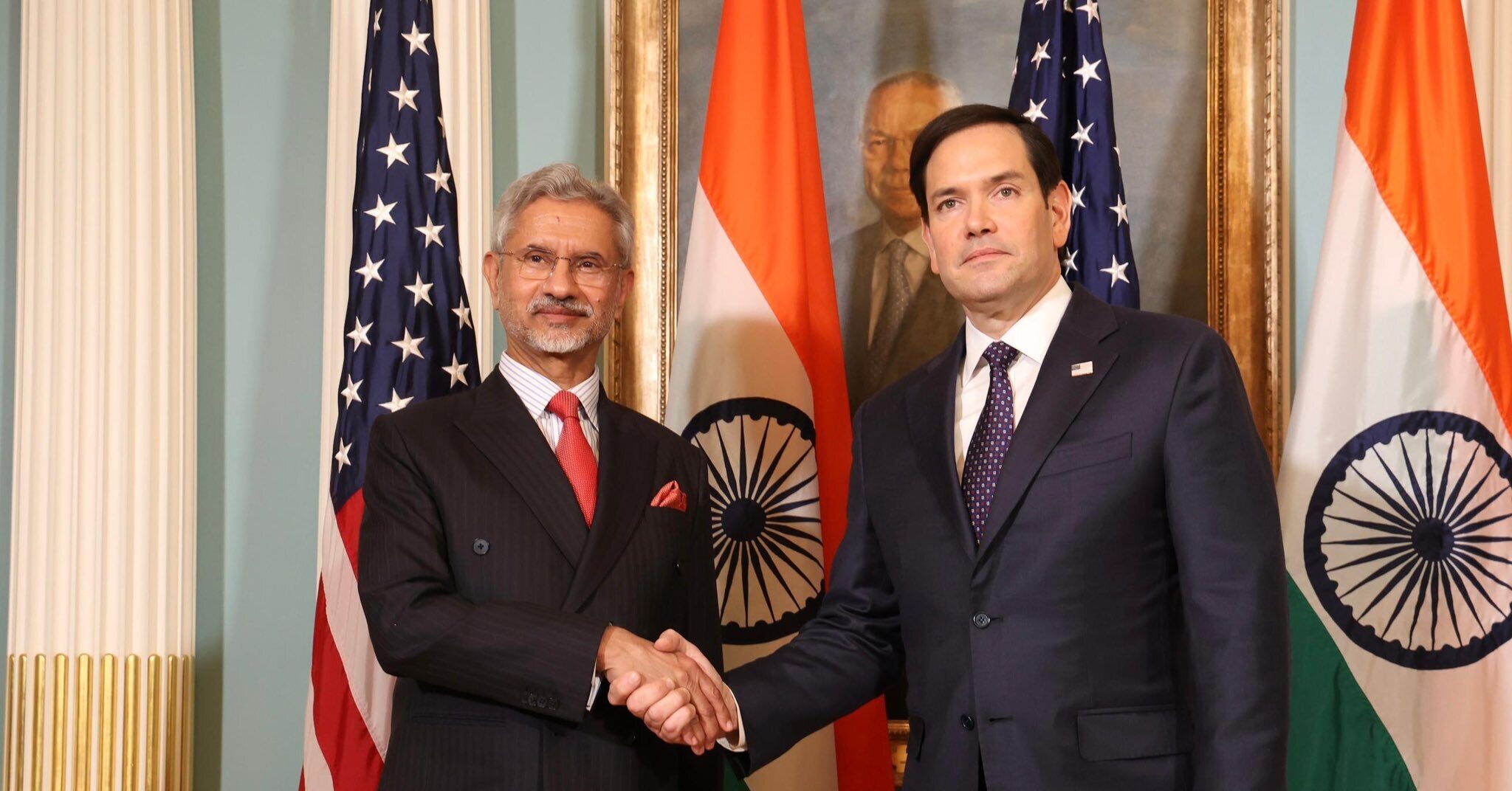
While the tariffs and visa fee issues highlight the challenges in the India-US partnership, they should be viewed in the broader context of a complex and evolving relationship. The ties between the two democracies have grown stronger over decades through shared interests in security, trade, and regional stability. Yet, like any partnership between large nations with independent strategic interests, differences and disputes are inevitable.
The diplomatic talks between Jaishankar and Rubio aim to bridge these divides, emphasizing dialogue and negotiation over confrontation. Successful trade talks and a reasonable resolution of visa fee concerns could restore stability and confidence, not only boosting economic ties but also reaffirming the strategic cooperation that underpins bilateral relations.
Additionally, India's pursuit of energy security via diversified sources, including Russia, and its emphasis on strategic autonomy are critical factors that the US side must consider while framing trade and diplomatic policy. Mutual understanding of these perspectives is essential for long-term cooperation.
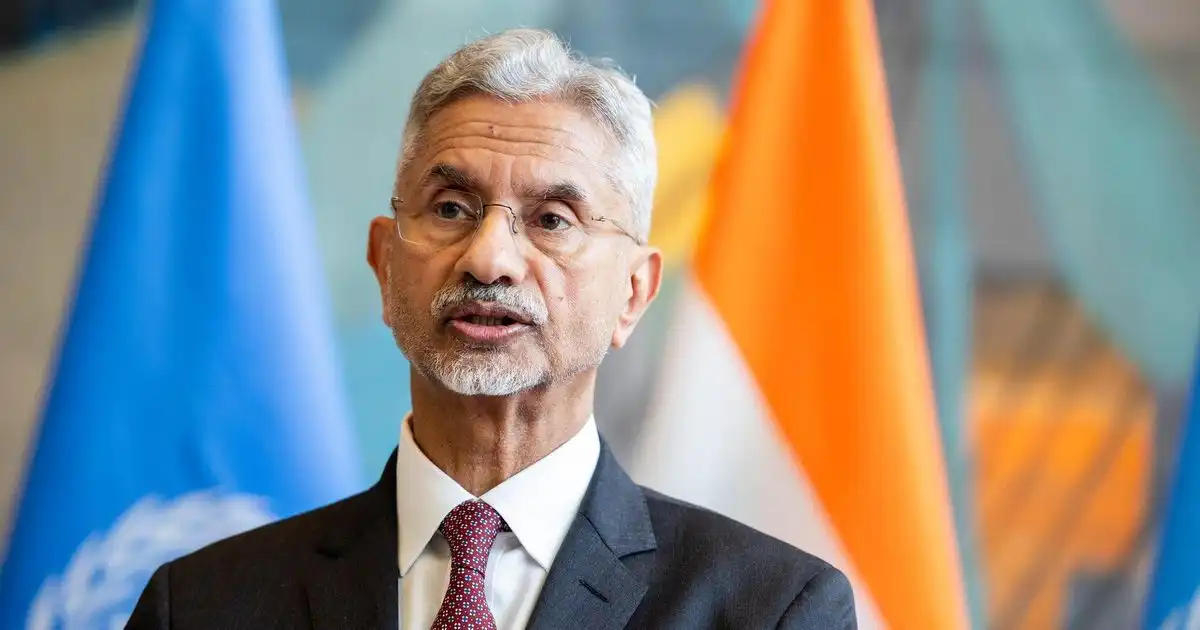
The meeting between External Affairs Minister S Jaishankar and US Secretary of State Marco Rubio symbolizes an important step in managing recent tensions in India-US relations brought on by trade tariffs and the H-1B visa fee hike. Both countries face economic and political pressures that influence their policies, and the success of these talks could shape the future trajectory of this vital partnership.
Although challenges remain, ongoing diplomatic engagement, combined with pragmatic negotiations led by senior leaders, holds promise for easing tensions and forging a balanced, mutually beneficial path forward. The world will watch closely as these two democratic powers seek to maintain their cooperation amid competing interests and a changing global landscape.
This nuanced approach is essential to sustaining a constructive India-US relationship that benefits businesses, workers, and citizens on both sides while respecting each nation’s sovereignty and strategic priorities.
With inputs from agencies
Image Source: Multiple agencies
© Copyright 2025. All Rights Reserved. Powered by Vygr Media.

